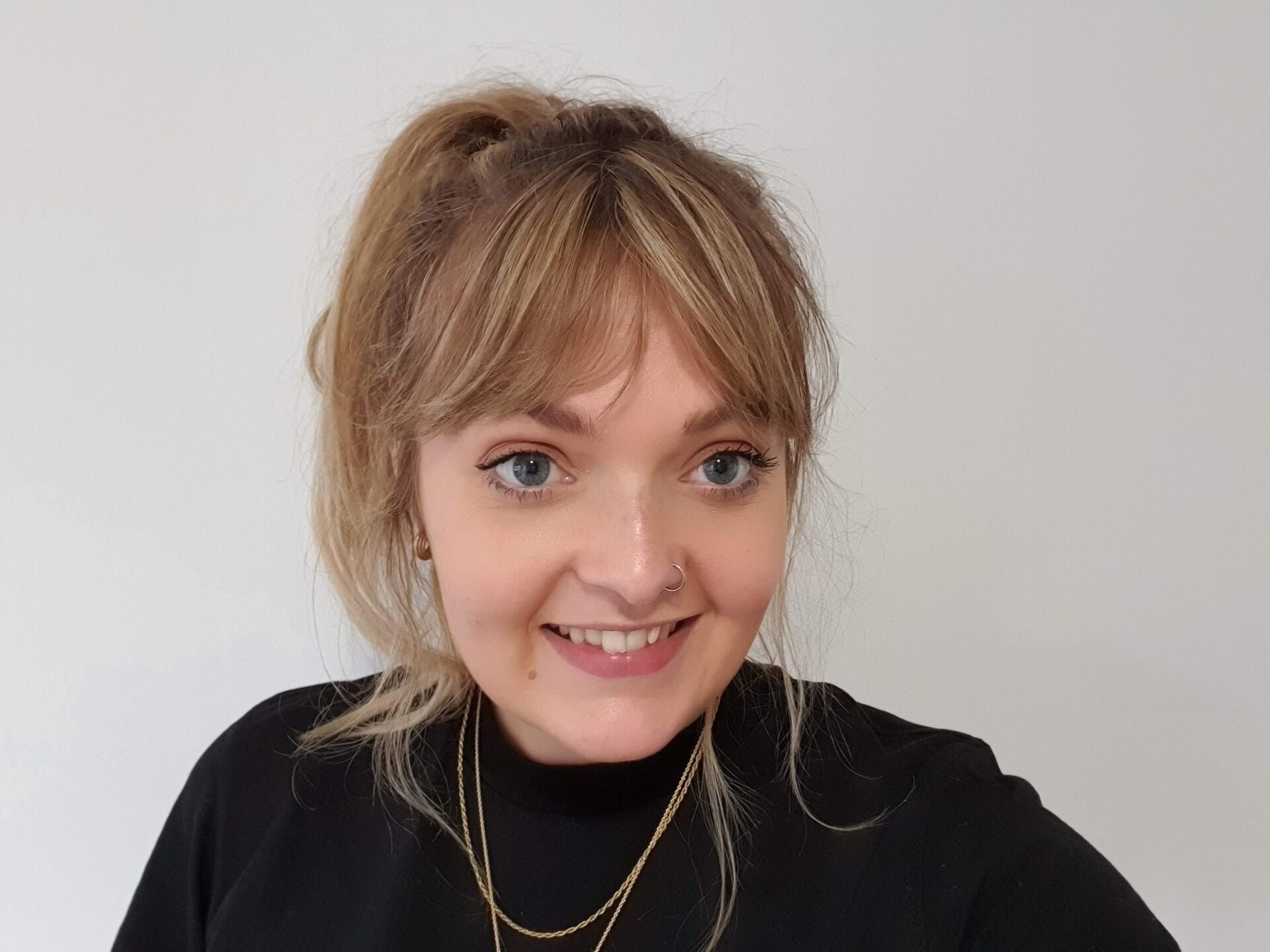How women are supported through trauma-informed hostels
Area Manager Bethan discusses the experiences of women in hostels

Bethan is Thames Reach’s Area Manager for Hostels. With years of experience in key work with people facing multiple disadvantages, she discusses the barriers women come up against when moving through the homelessness pathways in hostels.
“We see lots of people move through our hostels, all with different stories and histories, and the demand is only getting higher. Although, there are much fewer women in our hostels than men, and there always have been. It’s important not to generalise, but we have fewer women residents in our hostels as they tend to stay as long as possible with their support networks, even if they are challenging, precarious or dangerous environments.
“It can take longer to build relationships with women in the hostel setting, sometimes as a result of the traumatic experiences they have faced before arriving. When someone we’re working with has already been through significant trauma and abuse, staying in one place can be difficult and anxiety-inducing, and it’s not uncommon for people to move between hostels if their needs aren’t being met. We have to look at what their particular needs are, and we help them make and attend appointments such as physical and sexual health care.
Key workers have to be flexible and creative when building trusting relationships; back when I was a key worker, I was supporting one woman who wouldn’t even answer the door when she first arrived, which I totally understood, so I’d just leave her a cup of tea outside every morning, and popped a note under her door to let her know I would be available when she’s ready to talk.
“There is a lot of discussion about gendered spaces at the moment, and while they certainly have benefits, trauma-informed spaces are arguably more important. At Thames Reach, all our hostels are trauma-informed, which means that we support people in a way that acknowledges and works with trauma, rather than against or despite of it. This is essential in helping people move on in a way that makes sense for them.”
